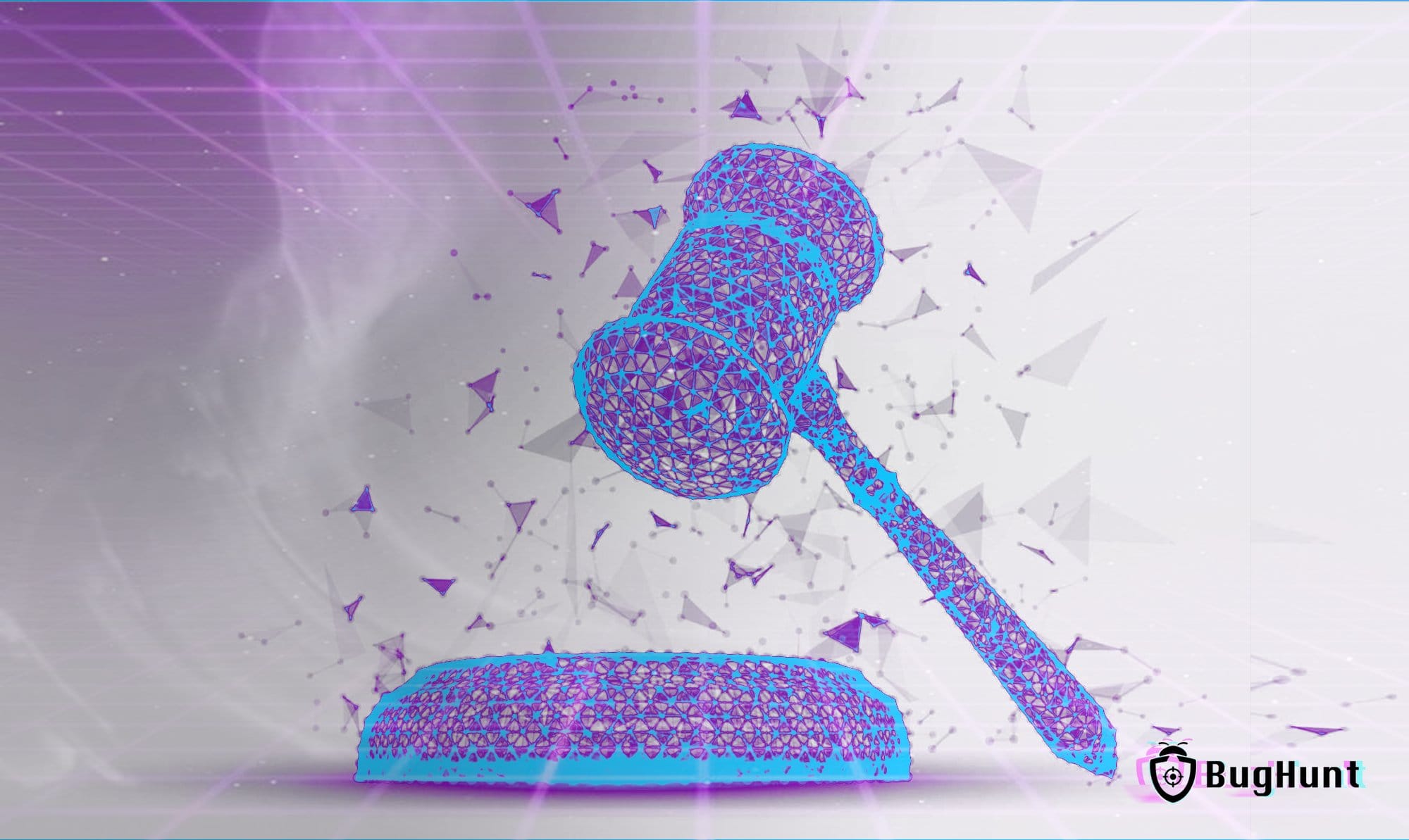Regulation of Artificial Intelligence in Brazil: Is it possible to ensure ethics, privacy, and security?

Artificial intelligence (AI) is increasingly present in our lives, from the algorithms that recommend shows on streaming platforms to the chatbots that answer our questions in customer service.
However, this revolutionary technology, with its potential to transform various sectors of society, also raises crucial questions about ethics, privacy, and security.
With that in mind, this article will address how the regulation of artificial intelligence in Brazil has become an urgent and fundamental topic. Keep reading!
A Future Shaped by AI: Opportunities and ChallengesLet’s start by discussing the opportunities. AI is already making a huge positive difference. In healthcare, it helps diagnose diseases more accurately. In education, it enables more personalized learning. In agriculture, it optimizes production, and in industry, it automates complex tasks. As you know, the possibilities are almost endless, and the future looks bright with AI.
On the other hand, we cannot ignore the challenges. After all, the lack of regulation can lead to the misuse of AI, with risks to privacy, security, and even manipulation of society. Much has been said about algorithmic bias, discrimination, and misinformation that permeate this disruptive technology, which are just some of the dangers that need to be addressed.
Cybersecurity, for example, is an increasing concern, as AI systems are potential targets for attacks that can compromise sensitive data and the integrity of critical operations, requiring robust measures, including the detection and mitigation of vulnerabilities in algorithms and data infrastructures.
What Are the AI Regulation Projects in Brazil?Brazil has already taken important steps toward AI regulation. In 2021, the Ministry of Science, Technology, and Innovation (MCTI) launched the Brazilian Strategy for Artificial Intelligence (EBIA), which establishes principles and guidelines for the development and use of technology in the country.
Additionally, several bills on the topic are currently under consideration in the National Congress. One of them is Bill No. 21/2020, known as the AI Bill, which aims to establish a legal framework for the development and use of artificial intelligence in Brazil. The document proposes principles, rights, duties, and governance instruments for AI, covering everything from research and innovation to the commercialization and use of these technologies. Among the main points, the bill highlights the need for transparency, respect for human rights and data privacy, as well as the creation of a National Artificial Intelligence Council to oversee and regulate the sector.
Meanwhile, Bill No. 2338/2023 focuses more specifically on protecting human rights and promoting social welfare in the context of artificial intelligence. It seeks to establish clear guidelines for the development, implementation, and use of AI in Brazil, ensuring that these technologies are used ethically and safely.
However, it is essential that these laws find an appropriate balance. Overly stringent regulations may hinder the growth and innovation of small businesses that may lack the resources to meet all legal requirements. On the other hand, the absence of regulations can lead to problematic uses of the technology. Therefore, Brazil faces the challenge of creating legislation that protects citizens' cybersecurity without stifling the innovative potential of AI.
Also Read:What are the impacts generated by the National Cybersecurity Policy for data protection?
The Need for Updated Regulation of Artificial IntelligenceAs everyone knows, regulating artificial intelligence in Brazil is an imperative necessity to ensure that technological advancement occurs ethically, safely, and with respect for citizens' privacy. This way, Brazil can lead the way in creating an environment where innovation and the protection of human rights go hand in hand with cybersecurity.
We must also consider that the proposed legislations have been developed before the emergence of generative AI technologies like ChatGPT and Gemini. These new technologies introduce additional complexities that have not yet been addressed in the current bills. Therefore, it is vital that regulations include specific guidelines for the responsible use of these emerging technologies.
However, the effective implementation of these regulations will require a collaborative effort from governments, businesses, academia, and civil society. Only through collaboration and a commitment to ethical and security principles can we ensure that artificial intelligence brings significant benefits to all.
Did you like this topic? In BugBuzz, BugHunt's newsletter, we always discuss the most relevant issues in the cybersecurity market, just like this one. Click this link and sign up now!

